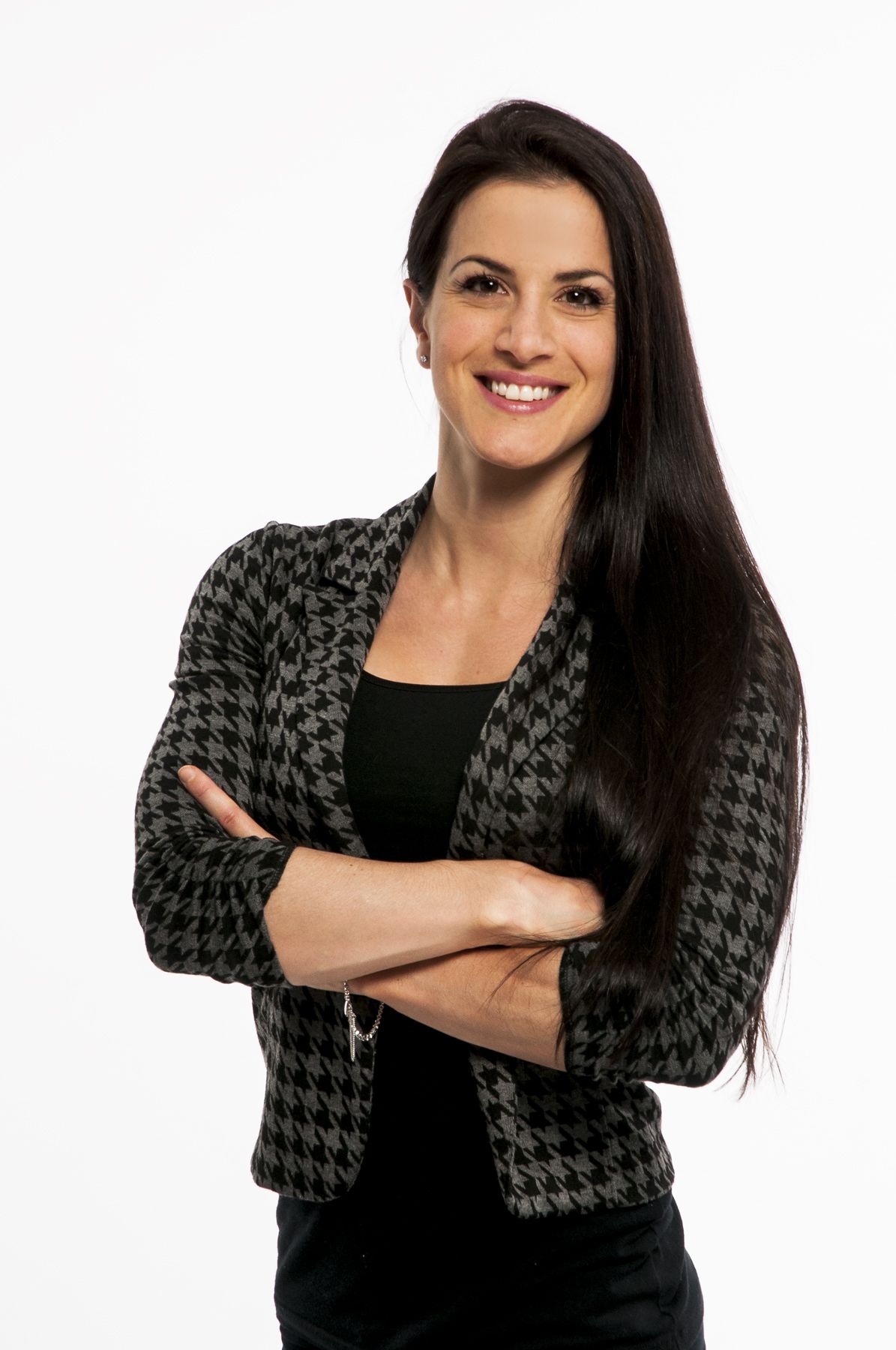
Julie-Christine Cotton
Assistant professor, département des sciences de la santé communautaire, Université de Sherbrooke
Regular members
Training
- (2016) Doctorate (Psychoeducation). Université de Sherbrooke.
- (2009) Master's degree with thesis (Psychoeducation). Université de Sherbrooke.
- (2007) Bachelor's (Psychoeducation). Université de Sherbrooke.
Bio
My work focuses on psychosocial and inclusion issues faced by groups experiencing marginalization (Indigenous people, LGBTQIA2S+, neurodivergent). Most of my projects fall under GRISE’s Axis 3 and stem from three turning points in my academic career.
The first turning point was during a psychoeducation internship, at a time when I was not planning to pursue graduate studies. However, my meeting with Innu youth led me to write a research paper on their experiences of initiation to alcohol and drugs. I then devoted my doctorate to addiction prevention in Indigenous school settings, through the cultural adaptation of a program.
The second turning point came just before I was hired as a teacher in 2017, when I was working as a psychoeducator with a trans youth. I was confronted with the near absence of adapted resources in the region to support him and his parents. My work has consequently focused on the needs and issues of LGBTQIA2S+ youth and their families.
The third turning point came as a result of my own identity discoveries that led me to expand my work to include neurodiversity. My questions: How does being a neurodivergent person influence well-being and inclusion? How can we adapt clinical and institutional practices to young neurodivergent people?
To carry out all this work, I set up the Laboratoire inclusif de recherche et développement [Inclusive Research and Development Laboratory] where research training is seen as a lever for the inclusion of groups on the margins of society or academic institutions. What if the real inclusion of young people with experiences of marginalization was through their training in research?